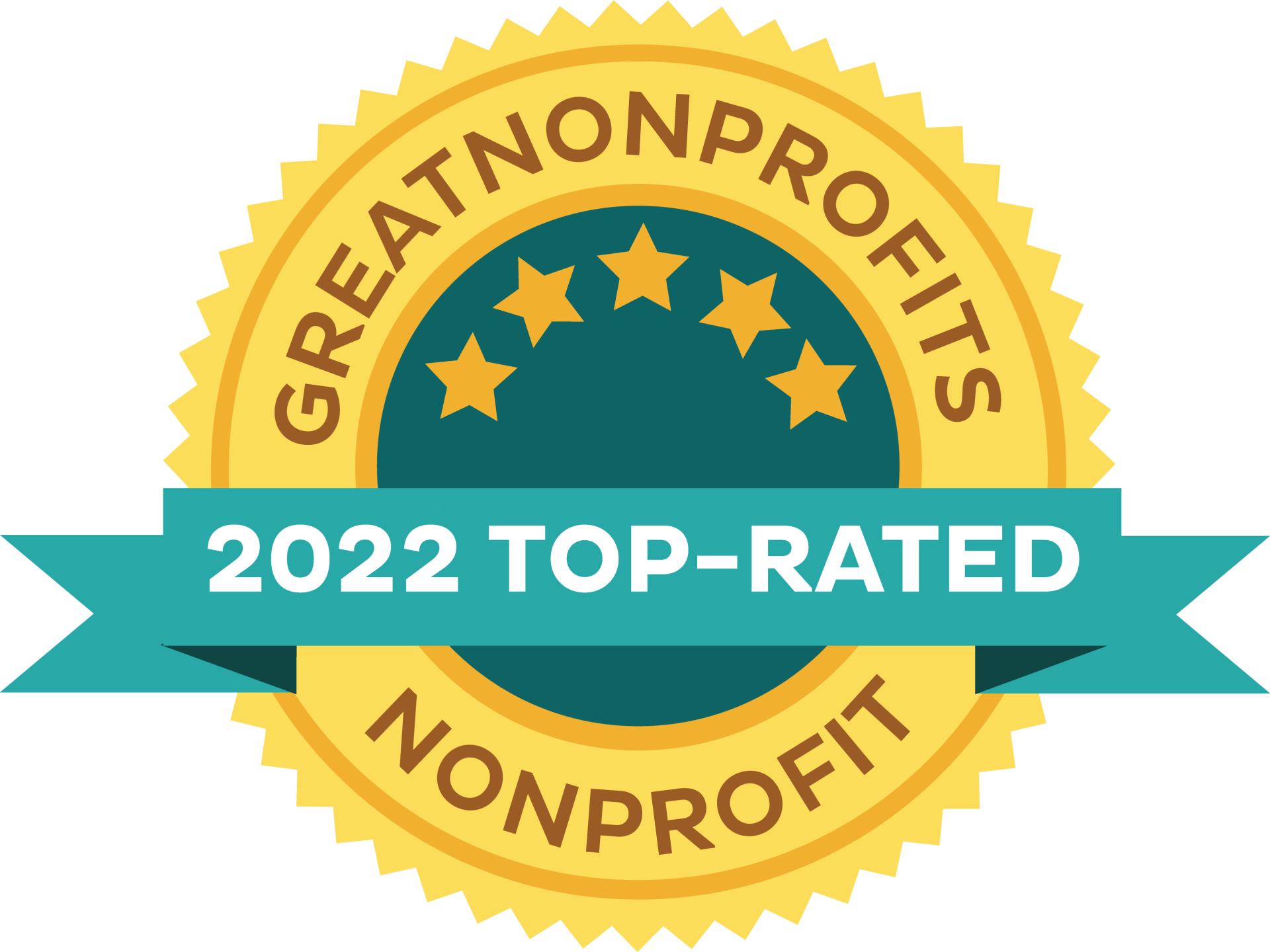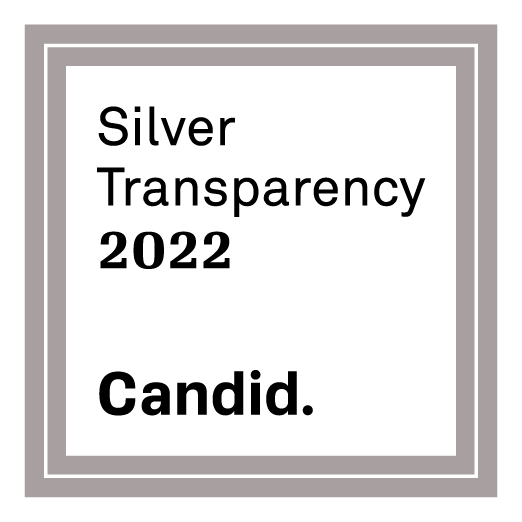OCNDS journey in Italy
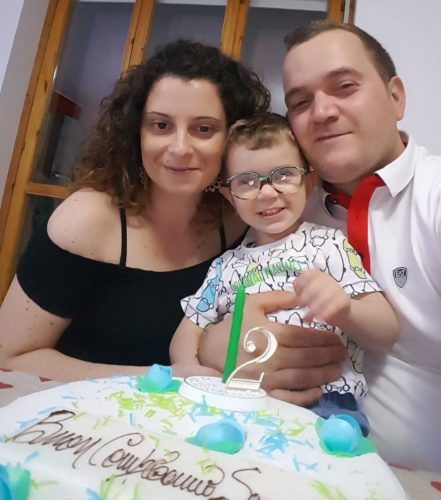
Samuel’s mother has shared their journey in Italy. The English translation is below. The original Italian version follows.
We are grateful to our community who submitted stories leading up to Rare Disease Day. To date, one family has been diagnosed with Okur-Chung Neurodevelopmental Syndrome in Italy. Please read this raw, emotional and honest piece about their journey to diagnosis and their hope to find a cure, to bring awareness to their countrymen, to participate in research and to provide the best life possible for their son. Thank you for sharing your story! We are stronger together!
Hi everyone,
My name is Rossella and I am Samuel’s mother, a fantastic 2-year-old boy.
Samuel was born in September 2016, on a day of pouring rain, after a pregnancy without complication but I went through it with anxiety, not with the typical sensation of joy of a woman is about to become a mother for the first time. The day I found out I was expecting, my legs started to shake terribly. It was a feeling of absolute happiness but at the same time of fear because with happiness often comes the greatest suffering. I wondered how it was possible that something so beautiful could happen to me. I do not know why but it happened. My son is my life, I love him more than anything else in the world and for him I would do anything.
During my pregnancy I had the constant feeling that something would go wrong. I waited until the seventh month of pregnancy to make the first purchases. I looked at the shopping windows but I held back my smile for the fear of letting the happiness I had inside explode and I felt it could be somehow taken away.
After Samuel was born this feeling faded but did not fully disappear. He was 5 days old when during the night I heard him choking because of the gastroesophageal reflux. Our trusted pediatrician prescribed an anti-reflux syrup that partly helped him. However, the following two months were difficult because poor Samuel could only sleep sitting. After that period of time his reflux improved and he didn’t need medication or to sleep sitting. Until recently, I did not witness any other alarming symptoms. Samuel hasn’t had diagnostic tests to determine the origin of his gastric reflux and to what extent, but the pediatrician, after consulting him for a never ending cold, the doctor prescribed the syrup again. The doctor considering the inflammatory state of Samuel was due to gastric juices in his throat.
When Samuel was about a month and a half old, I realized that his eyes were not following my movements. In fact, I noticed it much earlier, but everyone, including pediatricians, told me to wait 40 days, saying newborns should start to see better after this period of time. He also suffered from photophobia so much so that I turned his cradle in the opposite direction of any light source. He also had nystagmus which is the continuous and uncontrolled movement of the eyes.
Thanks to my instinct and my trusted pediatrician who did not underestimate my new-mom concerns, we left for Padua to the Robert Hollaman Foundation which provides advice and support for children with vision impairment. Samuel took all the exams: erg, pev, neurological, orthoptic and ophthalmic. After a couple of days they told us the tragic truth: Samuel was blind, perhaps he could see some the light, but he would be fully blind.
The world collapsed on me. I think that nothing will ever hurt me more than those words of that day 01/19/2017 so bad that going back to those places, smelling those smells, seeing the educators and doctors are still unbearable as Samuel’s disability is still difficult to process. I have learned to live with it but I still cannot manage to think about how many difficulties and suffering he will have to go through in his life and how much effort he will have to make to learn what is taken for granted by others.
The doctors immediately thought my son could suffer from a rare genetic disease. Based on the symptoms and Samuel’s age, they originally considered Leber’s Congenital Amaurosis.
I resigned from work. I admit it was a sacrifice. I gave up everything to dedicate myself to my little angel. Our life was distorted. Nothing was as I had imagined. Nothing made sense anymore. I was looking for a solution – a gene therapy, a miracle. They were dark months, made of tears, anger, of total closure to the outside world, of almost physical pain, of awareness that the feeling that had accompanied me throughout the pregnancy was no longer just a sensation, but a sixth sense. There was still hope – the hope of a misdiagnosis, of a cure discovered by whoever knows where and from.
While we were waiting to take the genetic tests, we began our journey looking for specialists and searching for answers. We spent nights on the Internet. We traveled to Milan, Rome and Naples in search of answers. We returned to Padua to seek advice and support from the Cannero Riviera Center at the Robert Hollman Foundation. My husband even went to the TIGEM (Telethon Institute of Genetics and Medicine) to look for a man of science who could answer our questions. We felt like we were in a race against time with the hope that something could be done … but our search yielded nothing. We also endured two long hospital stays to take in-depth examinations and exclude other diseases.
In the meantime, I tried to find out how much I could about the Leber’s Congenital Amaurosis (LCA). I found the story of Christian Guardino on Facebook, a boy affected by LCA, born blind and healed thanks to the scientific discovery of the gene that caused blindness. Overwhelmed with the desire to do something, hoping my son had the same disease and especially the same genetic mutation, I sent him a message on Messenger, absolutely believing that that message would not be answered. Instead the following day I found his message, Christian’s mom read him my story. She kindly replied and thanks to her, I joined the Facebook group of families with children affected by LCA. Thanks to which I met Silvia, an Italian woman who lives in America. She helped me connect with other parents. She also gave me support and strength.
In November 2017, we got the results of the genetic tests. Samuel was suffering from the rare genetic disease called Okur-Chung Neurodevelopmental Syndrome. They explained it was a neurological disease discovered in 2016, the year he was born, of which little or nothing was known. The same neurologist in Padua did some research to find out more on this disease and told me that unfortunately in literature there were very few cases described and that the answers to the symptoms and health of Samuel would be found only over time. He told us that Samuel might not speak or eat properly, could have problems of motricity, which was already noticed in Padua. He explained that Samuel’s difficulties were not only due to his blindness but also due to problems with his cognitive development, etc….
I cried all night long. The pain seemed unbearable. The fear annihilated me. I was afraid of not being capable. I did not understand the reason why, what I had to do, what I could do in my little town in southern Italy, where ignorance reigns, where for months we have been looking for help without finding it, where there is no idea how to deal with a blind person, where the Okur-Chung Neurodevelopmental Syndrome sounds almost like a dirty word. A thousand questions came to my mind ….
Would my child be happy? Would I be able to communicate with him?
Thanks to Silvia, I was able to contact the Dr. Okur. Unfortunately, I did not receive the answers I was looking for, maybe because it was difficult to interact due to the language barrier. I subscribed to this group. A group of parents who live my own experiences, where I met Jennifer Sills, a super mother who is creating something great to help all our children and thanks to whom I met the wonderful person, Chloe, who helped me to translate this story.
I read immediately all the stories published since the creation of the group. I felt less alone but at the same time frightened by the large number of symptoms that fortunately Samuel did not have, but that terrified me thinking it could happen any time.
As far as I can do on my own, I am trying today to support research, to bring knowledge and awareness in Italy, or at least in a part of it, on this rare genetic disease.
Samuel has grown and exceeded all my expectations. He is a lively child who loves to play. He loves cars and his little horse toy and enjoys experimenting with his hands. He is well integrated into his kindergarten class where he is learning wonderful things and repeats everything he hears. He speaks very well and is starting to build sentences. He loves to color and to listen to music and he moves well to the beat. He walks alone, however, it’s not easy for him to move around and look for objects but we are working on it. He does psychomotricity twice a week, and since last month, thanks to the Italian Union of Blind and Partially Sighted People (UICI), a typhologist meets with Samuel six hours a week.
Samuel has been suffering from sleep disorders these past months. It takes him a while to fall asleep. Often he wakes up in the middle of the night with his eyes closed and sits on the bed with a stiff body and does not want to be touched. He then calms down and comes in our bed a lot of the time.
He has a minimal renal pielectasia of about 9mm, the upper gingival arch is slightly protruding and has not yet received his second molars. He chews well enough but not well enough to be able to eat a larger size of pasta or pieces of meat. He often grinds his teeth. He is nervous especially with me. He tends to crush his eyes with his fingers so he wears glasses, bites the hands of others especially when he is happy, squeezes in his hands the hands of the person he plays with when he’s happy. His behavior sounds very similar to an autistic child I know.
He has been constipated since he was born. We don’t know which disorders are connected to the genetic disease. As a mother I notice and I pay attention to everything, and that might be wrong because observing your child constantly under a magnifying glass is not very healthy.
I’m so happy to be part of this big family, it’s nice to know that I’m not alone.
Ciao a tutti,
Mi chiamo Rossella e sono la mamma di Samuel un fantastico bambino di 2 anni.
Samuel è nato in un giorno di pioggia incessante, a settembre del 2016 dopo una gravidanza clinicamente tranquilla ma vissuta con ansia, non con la gioia di chi per la prima volta sta per diventare mamma. Il giorno che scoprii di essere in attesa le gambe mi tremarono terribilmente, fu una sensazione di felicità assoluta ma al tempo stesso di paura, perché con la felicità spesso arrivano le migliori batoste, mi chiedevo come fosse possibile che una cosa tanto bella potesse succedere a me, non so perché ma fu così. Premetto che mio figlio è la mia vita, lo amo più di ogni altra cosa al mondo e per lui farei l’impossibile.
Durante i nove mesi ebbi la costante sensazione che qualcosa sarebbe accaduto, aspettai il settimo mese per fare i primi acquisti, guardavo le vetrine ma trattenevo il sorriso per la paura di far scoppiare quella felicità che avevo dentro e che sentivo in qualche modo sarebbe stata spazzata via.
Dopo la sua nascita questa sensazione si affievolì ma non scomparve del tutto. Aveva 5 giorni e durante la notte lo sentii soffocare, stava soffocando per via del reflusso gastroesofageo, riscontrato dalla mia pediatra di fiducia che mi prescrisse uno sciroppo anti-reflusso che in parte lo aiutò, ma i successivi due mesi furono duri perché poverino poteva dormire praticamente seduto. Successivamente andò meglio, non gli somministrai più nulla, fino a qualche mese fa, personalmente non riscontrai sintomi importanti, Samu non ha mai effettuato esami strumentali per stabilire se e in quale misura è presente il reflusso gastrico, ma la pediatra dopo averlo visitato per via di un raffreddore che sembrava non passare mai, prescrisse nuovamente lo sciroppo ritenendo lo stato infiammatorio di Samuel un ritorno di succhi gastrici in gola.
All’età di un mese e mezzo circa, mi accorsi che non seguiva i miei movimenti con gli occhi, in realtà lo notai molto prima, ma tutti compresi i pediatri, dissero di aspettare i fatidici 40 giorni, perché al passare di questi i neonati dovrebbero cominciare a vedere più nitidamente. Inoltre soffriva di fotofobia tanto da costringermi a girare la navetta nel senso opposto alla fonte di luce, e di nistagmo cioè il movimento continuo e incontrollato degli occhi.
Sicura delle mie sensazioni e grazie alla mia pediatra di fiducia che non sottovalutò le mie preoccupazioni di neo-mamma (pediatra di fiducia e non la pediatra effettiva di Samuel), partimmo per Padova c/o la Fondazione Robert Hollaman, che si occupa di consulenza e sostegno a bambini con deficit visivo. Samuel fece tutti gli esami del caso, erg, pev, visita neurologica, ortottica e oculistica, così dopo un paio di giorni ci comunicarono la tragica verità: Samuel era cieco, forse percepiva la luce, percezione destinata a svanire con la crescita.
Il mondo ci crollò addosso, penso che nulla potrà mai farmi male tanto quelle parole di quel 19/01/2017, tanto male che tornare in quei luoghi, sentire quegli odori, vedere gli educatori e dottori era ed è insopportabile, tanto quanto era ed è inaccettabile la disabilità di Samuel, ho imparato a conviverci ma ancora non riesco a capacitarmi pensando a quante difficoltà e sofferenze dovrà patire nella sua vita, quanti sforzi dovrà fare per imparare ciò che per gli altri è scontato.
I dottori intuirono immediatamente che si trattasse di una malattia genetica rara, in base ai sintomi e all’età di Samuel si suppose l’amaurosi di Leber.
Lasciai il lavoro con sacrificio lo ammetto, mollai tutto per dedicarmi al mio piccolo angelo tanto desiderato e cercato. La nostra vita fu stravolta, niente era come l’avevo immaginato, nulla aveva più senso se non cercare la soluzione, una terapia genica, un miracolo. Furono mesi bui, fatti di pianti, rabbia, di chiusura totale al mondo esterno, di dolore quasi fisico, di consapevolezza che quella sensazione che mi aveva accompagnata per tutta la gravidanza non era più solo una sensazione, ma un sesto senso.
C’era comunque la speranza, la speranza di una diagnosi errata, di una cura scoperta chissà dove e da chi.
In attesa di eseguire da lì a poco gli esami genetici, iniziammo il nostro viaggio alla ricerca di specialisti, di risposte, passai notti su internet, andammo a Milano, Roma, Napoli, ritornammo a Padova, andammo a Cannero Riviera sempre c/o la Fondazione Robert Hollman, mio marito andò addirittura al tigem ( centro di ricerca genetica telethon) per cercare un uomo di scienza che desse risposta alle nostre domande, una specie di corsa contro il tempo, con la speranza che qualcosa si potesse fare… ma niente. Facemmo 2 ricoveri per effettuare esami approfonditi ed escludere altre malattie.
Nel frattempo cercai di sapere quanto più mi fu possibile sull’amaurosi di leber (LCA) trovai la storia di Christian Guardino su facebook, un ragazzo affetto da questa malattia genetica, nato cieco e guarito grazie alla scoperta scientifica sul gene che gli aveva causato la cecità. Presa dall’emozione e dalla voglia di far qualcosa, dalla speranza che mio figlio avesse quella stessa malattia e soprattutto la stessa mutazione genetica, gli mandai un messaggio su messenger, nella totale convinzione che quel messaggio non avrebbe ricevuto risposta.
Il giorno seguente invece trovai un suo messaggio, Cristian fece leggere la mia storia a sua madre, che gentilmente mi rispose, grazie a lei entrai a far parte del gruppo di famiglie con figli con LCA creato su facebook, grazie al quale conobbi Silvia, un’italiana che vive in America e che mi aiutò a interagire con gli altri genitori, mi diede sostegno e forza.
A novembre del 2017 ricevemmo gli esiti degli esami genetici, Samuel era affetto dalla malattia genetica rara chiamata Sindrome di Okur – Chung, una malattia neurologica ci spiegarono, scoperta nel 2016, nel suo anno di nascita, della quale si sapeva poco o niente. La stessa neurologa di Padova fece ricerche per saperne di più lei stessa mi disse che purtroppo in letteratura esistevano pochissimi casi descritti, che le risposte sulla salute di Samuel, su tutti i sintomi descritti da questa malattia, le avrei ricevute solo col tempo. Samuel avrebbe potuto non parlare, avere problemi di alimentazione, di sviluppo motorio, per il quale a Padova notarono già dei ritardi non dovuti alla “semplice cecità”, problemi di sviluppo cognitivo ecc…
Non feci che piangere quella notte, il dolore mi sembrava insopportabile, la paura mi aveva annientata, avevo paura di non essere capace, non capivo perché, cosa dovevo fare, come dovevo fare nel mio piccolo paese del sud italia, dove regna l’ignoranza, dove per mesi abbiamo cercato aiuto senza trovarlo, dove non hanno la minima idea di come approcciare con un non vedente, dove la sindrome di okur-chung era quasi una parolaccia. E il mio bambino sarebbe stato felice? Sarei riuscita a comunicare con lui? Mille domande mi assalirono la mente….
Grazie a Silvia, alle sue pazienti ricerche, riuscii a contattare il dott. Okur dal quale purtroppo non ricevetti le risposte che cercavo, forse perché interagire era difficile a causa della diversa lingua, mi iscrisse in questo gruppo, un gruppo di genitori che vivono le mie stesse esperienze, dove conobbi Jennifer Sills, una super mamma che ha creato e sta creando qualcosa di grande per aiutare tutti i nostri figli, grazie alla quale ho conosciuto la meravigliosa persona che mi aiuterà a tradurre la nostra storia.
Lessi immediatamente tutte le storie pubblicate dalla creazione del profilo, mi sentii meno sola, spaventata per la miriade di disturbi letti e che fortunatamente Samuel non aveva, ma che mi terrorizzavano pensando si potessero sviluppare in qualsiasi momento.
Nel mio piccolo sto cercando oggi di aiutare la ricerca, di portare conoscenza e consapevolezza in Italia, o quantomeno in una parte di essa, su questa malattia genetica rara.
Samuel è cresciuto ed ha superato ogni mia aspettativa, è un bambino vivace, ama giocare, adora le macchinine e cavallino (giocattolo), ama sperimentare con le manine, si è ben inserito all’asilo dove impara cose meravigliose, ripete tutto ciò che sente, parla benissimo, inizia a costruire le frasi, si muove bene, cammina da solo, ha difficoltà a spostarsi nello spazio e nel ricercare oggetti, ma ci stiamo lavorando, lui fa psicomotricità 2 volte alla settimana, e da circa un mese l’unione ciechi ci assegnato una terapista tiflologa che vede Samu 6 ore a settimana.
Samu ha disturbi del sonno da qualche mese, ci impiega un po’ ad addormentarsi e spesso si sveglia in piena notte con gli occhi chiusi, si siede sul letto con il corpo rigido e non vuole nemmeno essere toccato, poi si calma e viene nel lettone, dove ultimamente è molto presente.
Ha una minima pielectasia renale di circa 9mm, l’arcata gengivale superiore è un po’ sporgete e non ha ancora messo i secondi molari, mastica abbastanza bene ma non tanto da potergli proporre un formato di pasta più grande o della carne a pezzetti, spesso digrigna i denti, è nervoso soprattutto con me, tende a schiacciarsi gli occhi con le dite per questo indossa gli occhiali, morde come un cagnolino le mani degli altri soprattutto quando è felice, stringe forte nelle sue manine le mani della persona con cui gioca quando è contento, questo lo fa nel gioco ma sono atteggiamenti molto simili a quelli notati in un bambino autistico che conosco. Infine è stitico sin dalla nascita. Tra tutti questi piccoli disturbi non sappiamo quali siano in qualche modo riconducibili alla malattia genetica, da mamma noto tutto e sto attenta a tutto, anche sbagliando perché avere il proprio figlio costantemente sotto lente di ingrandimento non è molto salutare.
Sono felicissima di far parte di questa grande famiglia, è bello sapere di non essere soli.
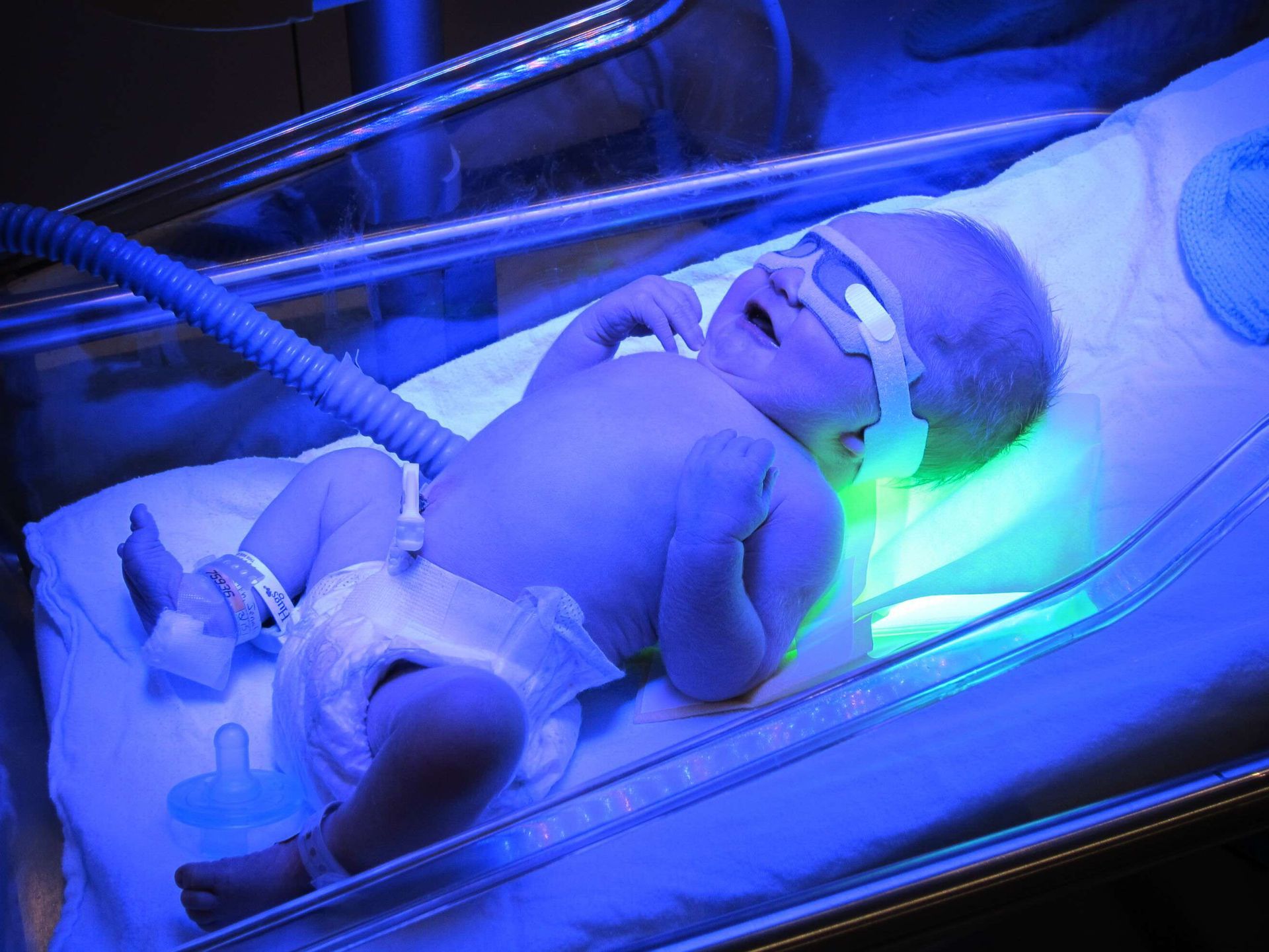
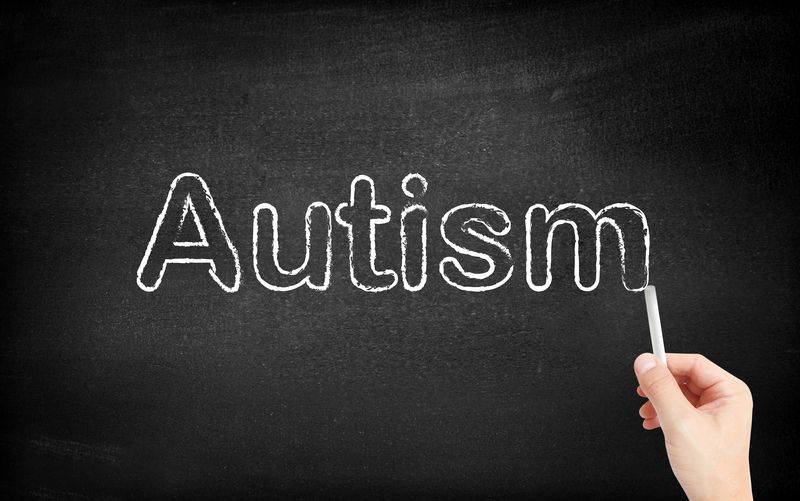
CSNK2A1 FOUNDATION
We are focused on finding a cure for Okur-Chung Neurodevelopmental Syndrome and ensuring affected individuals have the opportunities and supports necessary for happy and full lives. CSNK2A1 Foundation is operated and funded through a committed team of volunteers, advocates and researchers.
We are a 501(c)(3) non-profit organization. EIN #82-4220939.
© 2023 CSNK2A1 Foundation
1929 Van Ness Avenue
San Francisco, CA 94109
(415) 483-2488
DISCLAIMER
The information provided is not intended to be a substitute for professional medical advice, diagnosis or treatment. Never disregard professional medical advice, or delay in seeking it, because of something you have read on this website. Read more...
SIGN UP FOR OUR NEWSLETTER
Join our email list to stay up to date about OCNDS and the CSNK2A1 Foundation

